A light in the window
Reflections on Belarusian identity, culture, and history, and a translation and recording of a rare Belarusian poem.
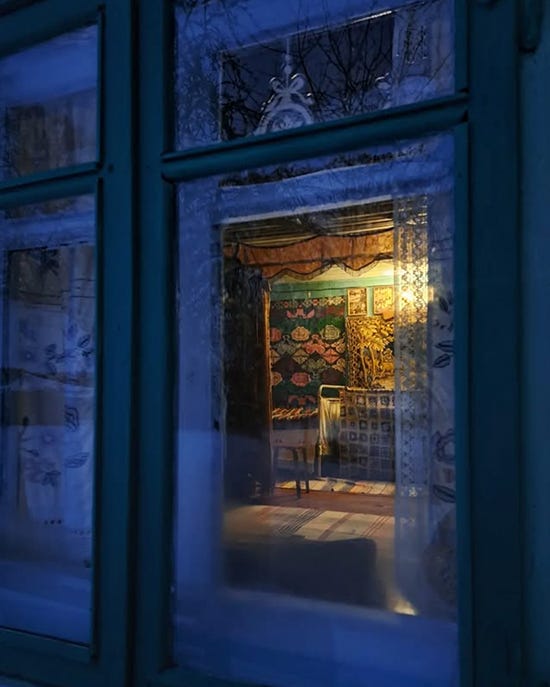
For the entire week, I was thinking about Belarus and going through my memories – starting from childhood and up until the day I said goodbye to my family at the Minsk airport. For most of my life, I was separated from my heritage and sense of self and viewed the world through the narrow lenses created by the oppressors. Only after I left Belarus I saw the value of my culture and discovered the truth that was hidden from me growing up in the dictatorship.
History is written by the victors, and if you are born in an already conquered country, you are taught what your oppressors want you to know in order for you to stay subjugated and easily controlled. Despite numerous attempts and sacrifices throughout history, Belarus hasn’t been able to break free from Russian influence and domination. The recent presidential elections (or lack thereof) only solidified ties to Russia and erasure of everything Belarusian.
Since childhood, I was taught the twisted version of events and consumed the works of people who glorified Russia. It formed wrong ideas and perceptions of my native country, culture, and region. I thought that Belarus had never had talented and brave people and that Belarusians were weak in character. I believed that Russian culture was superior. I was ashamed of speaking Belarusian. I had no interest in learning about the neighboring countries, which historically and culturally were closer to Belarus than Russia had ever been.
Only in my 30s I discovered the stories of incredible courage, resistance, and talent of Belarusians and people from other Eastern European countries that I’d never heard before. Their ideas and work were considered dangerous to Russia because they gave people an example of bravery, freedom, and national identity. Their books were burned or buried deep in the secret archives. Their lives were either cut short or spent in banishment and under severe surveillance. Yet, decades and even centuries later, their work continues to inspire and resonate. The more I learn, the more I am shocked at how much knowledge was hidden from me. The system where I grew up was created to discourage and prevent people from ever seeking and finding out about their uniqueness and power. Right now, learning the true history of my native region and reconnecting with my culture feels like an act of resistance against the never-ending Russian oppression and aggression.
Last year, I discovered the work of Larysa Hienijuš (1910-1983), a Belarusian poet and activist who dedicated her life to the Belarusian fight for freedom and independence. Her life story and poetry deeply inspired and touched me. If I were given an opportunity to speak to one writer or poet who lived before me, I would undoubtedly choose her. I imagine if everyone could pick a writer, there would be huge lines to speak with over-idealized Russian writers who, in reality, would be rigid, entitled men, most probably drunk as well. At the same time, I would be sitting in a small countryside house surrounded by forests and fields and having the conversation of a lifetime with one of the most remarkable and talented Belarusian writers. Often, when I feel sad about Belarus and powerless to bring change, I open Hienijuš’s poems. Reading them feels like talking to someone wise and understanding, as if I indeed sit in her house with a cup of tea, and her voice reassures me and brings hope and energy to keep fighting.
I wrote an essay about Larysa Hienijuš, if you missed it, you can read it here:
Resistance and love – Larysa Hienijuš, a Belarusian poet you should know about
A life story of a prominent Belarusian poet and activist, and a translation and recording of one of her poems.
Below is my translation and recording of the poem “Miracle” by Larysa Hienijuš. In Belarusian, a miracle is “цуд,” pronounced as [tsood]. The poem is part of the handwritten poetry collection from 1945-1947, made and illustrated by Larysa Hienijuš. The notebook with poems was found in London, most likely brought there by the Belarusian immigrants in order to save it, who fled Russian occupation and repressions. The poetry of Larysa Hienijuš was severely censored and forbidden in Belarus, and no one saw these poems until they were published in England in 1992.
Miracle Larysa Hienijuš 1945-1947 The fire, rejoicing and laughing, was red, like a blazing sunrise. The white horse was there burning, together with my courageous knight. Widows walked to the fire of death, as if pagan times have returned. I, the most desperate of them, threw my heart to my dying knight. A sacrificial smoke rose to the sky, erupting from my burning heart. And I saw through the haze and tears how the knight and the horse came to life. Among the most dreadful ordeal, I believed with my whole tortured heart, that a miracle will be born from our sacrifice and our Knight and Motherland will never die.
Recording of the poem in Belarusian:
The historical coat of arms of Belarus is a charging knight on a white horse. It is called “Pahonia,” which translates from Belarusian as “The Chase.” You can read the history of the Belarusian coat of arms that dates back to the 13th century in this article: Pahonia, the coat of arms of Belarus.
Larysa Hienijuš lived through extremely difficult times. She endured occupation, wars, torture, years in the Gulag, the loss of every close family member, and separation from her child. She witnessed the slow cultural death of the nation and country she devoted herself to. Yet, she didn’t give up, and decades later, her words continue to ignite the spark of resistance and love in the hearts of Belarusians.
Right now, as we live through challenging times, the story of Larysa Hienijuš and countless brilliant and brave people from Eastern Europe teach us how to preserve humanity and fight for freedom amidst the rise of evil and oppression. They left a light in the window that guides those lost in the dark, and now it’s our turn to protect it and keep it shining for generations after us.
More articles about the culture and history of Belarus:
Missing pieces of my heart
Memories from Belarus, and reflections on Belarusian culture and language.
Kletski – traditional Belarusian dish
A recipe for tasty and comforting potato dumplings filled with pork and onions, and a recording of a Belarusian poem.
Email: daryazorka@substack.com
Shop my art on Etsy
Watch the “20 Days in Mariupol” documentary
Watch Frontline PBS documentaries on Ukraine
Donate to help Ukraine: UKRAINE DONATION GUIDE
Gift a subscription to From My Heart ♥︎



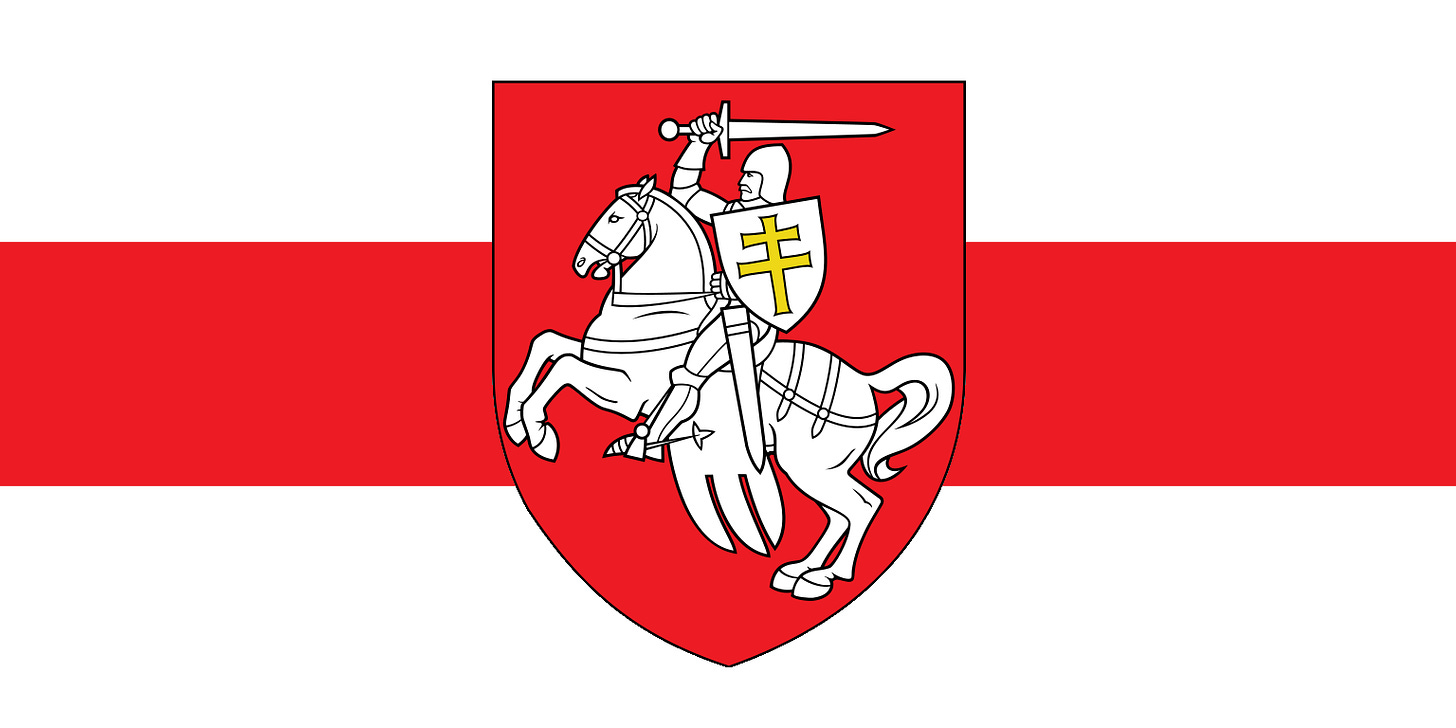
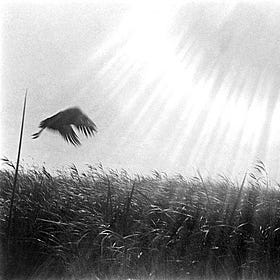
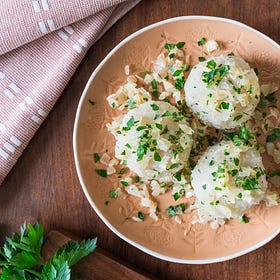
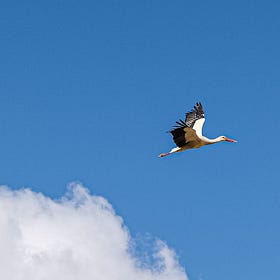
I love it when you record her poems for us in Belarusian. It's so beautiful and almost musical.
This is so beautiful! Both your story and poem, as well as your voice, brought tears to my eyes. Thank you for sharing your culture with the world. Thanks to people like you, I want to learn more about Belarus and Ukraine every day💙💛❤️🤍